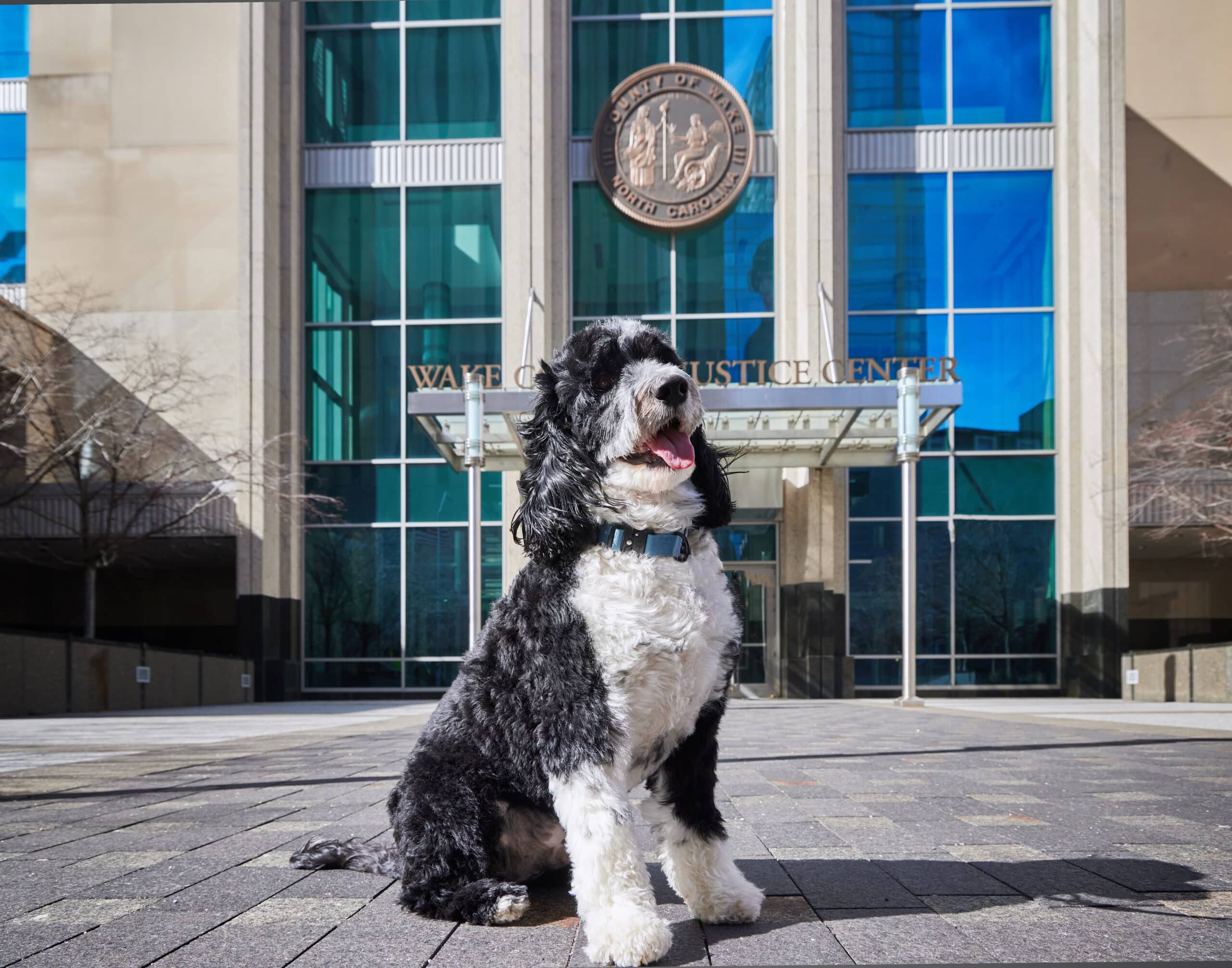If you’ve ever missed a court date for a traffic ticket or criminal charge in North Carolina, your case may have been placed in voluntary dismissal with leave status, commonly called VL.
Many people are surprised to learn that even if their case has disappeared from the active court docket, it hasn’t actually been resolved. In fact, it can come back years later and still affect your life.
We regularly hear from clients who assumed their old charges were dismissed or forgotten. The truth? Cases in VL status in North Carolina don’t vanish. They’re in a waiting pattern, and they can create real problems until they’re properly addressed.
Understanding what VL means and what to do about it is the first step toward resolving it for good.
How Voluntary Dismissal with Leave Works
A voluntary dismissal with leave is a legal tool prosecutors use when someone fails to appear in court. It means the case is no longer active, but the charges can be brought back at any time the prosecutor chooses.
Think of it like putting a case on a shelf; it’s neither open nor closed, just resting there. Unlike a case that has been fully dismissed or resolved, a case in VL status in North Carolina can still impact your life in significant ways.
Most cases enter VL status after a missed court date. Typically, the court gives a 45 to 90-day grace period (depending on the county) before marking the case as a voluntary dismissal with leave.
Why Do Cases End Up in VL Status?
Most of the time, a case ends up in VL status in North Carolina because of a missed court date. This can happen for many reasons:
- You forgot about your court appearance
- You moved and never got the notice
- You misunderstood your obligations
- You couldn’t take time off work or find transportation
No matter the reason, once you miss your court date and a certain amount of time passes, the District Attorney can request a voluntary dismissal with leave. This removes the case from the active docket but keeps the door open to pursue it later.
Here’s what many people misunderstand: this isn’t a free pass. The case isn’t dismissed with prejudice (meaning permanently). It’s simply on hold. It can be reinstated at any time that a prosecutor wants.
Common Misunderstandings About VL Cases
There are two major myths people believe about voluntary dismissal with leave:
#1 The Statute of Limitations Still Applies
It doesn’t. In most criminal matters, North Carolina’s statute of limitations for misdemeanors is three years. Once a case is charged, VL status in North Carolina stops that clock.
The statute of limitations only governs how long prosecutors have to file charges, not how long they have to prosecute them. So if your case was filed on time, it doesn’t matter if decades have passed. The prosecution can still bring it back.
#2 VL Cases Are Automatically Dropped After a While
Not true. Unless the prosecutor chooses to dismiss the case permanently or you take action to resolve it, a case in VL status in North Carolina can stay open forever. It won’t disappear just because time has passed.
In fact, it will stay open on the court’s books until someone actively deals with it. That unresolved status can continue to affect your record, background checks, and even your ability to get a driver’s license or job, depending on the nature of the charge.
Can You Still Fight a VL Case?
Technically, yes. Practically? It’s not that simple.
In many cases, many prosecutors will only reinstate a case if the defendant is ready to plead guilty in District Court. If a defendant wishes to contest the charge, they may need to enter a plea and then appeal to the Superior Court.
That process adds time, money, and legal complexity. If the evidence has disappeared, officers have retired, or witnesses are long gone, it doesn’t always mean your case will be dropped. You may still need to appeal and go through another round of legal proceedings to argue your innocence.
This is why working with an experienced criminal defense attorney is crucial when dealing with any VL status in a North Carolina case.
VL Traffic Cases and License Revocation
A traffic ticket that slips into voluntary dismissal with leave doesn’t just sit quietly in the background. If you fail to appear in court for a traffic violation, the DMV can suspend your license indefinitely until the case is resolved.
Years later, you could be pulled over and charged with Driving While License Revoked (DWLR), which is a separate offense. If that happens, you may face:
- Additional court dates
- Higher fines
- Longer suspension periods
Even if you didn’t know your case was in VL status in North Carolina, you could still end up in legal trouble if it leads to DWLR or other penalties.
What You Can Do If Your Case Is in VL Status
The most important thing you can do? Don’t ignore it.
Cases in voluntary dismissal with leave won’t go away on their own. The longer they linger, the more complicated they can become. Even if you think the evidence is weak or that no one remembers your case, it could still be reinstated the moment you reach out to the court.
Here are the steps to take:
- Check your case status – You can check with the court clerk or hire an attorney to investigate your case.
- Get legal advice – Don’t try to resolve a VL status in a North Carolina case alone. A qualified criminal defense lawyer can assess your options and negotiate with the DA.
- Avoid pleading guilty too soon – In many cases, pleading guilty to resolve a VL case can hurt your record and future. An attorney can help you explore alternative resolutions, including appeals.
Don’t Let Old Charges Haunt Your Future
Just because a charge is old doesn’t mean it’s gone. If your case has slipped into voluntary dismissal with leave, it’s still active in the eyes of the law, just waiting for the right moment to return.
This can catch people off guard, especially when an old case suddenly interferes with a job application, background check, or even a routine traffic stop. It’s better to face it now than be surprised later.
At Kurtz & Blum, we help people across Raleigh and surrounding areas in North Carolina understand their legal status and work toward a fair resolution. Whether you’re dealing with a traffic violation, misdemeanor, or more serious charge, we’re here to guide you.
Reach out today for a confidential consultation with an experienced criminal defense attorney who understands how to handle VL status in North Carolina the right way. The sooner you act, the sooner you can move forward.

















